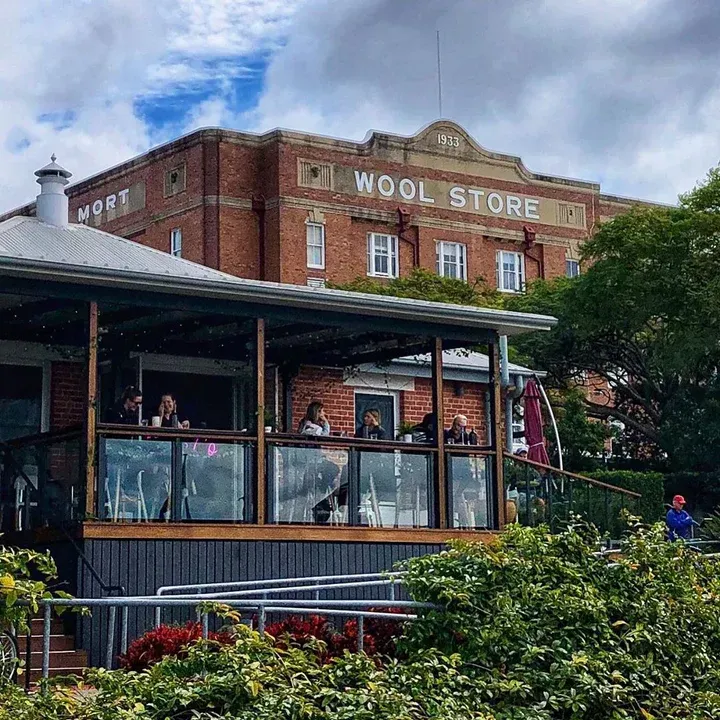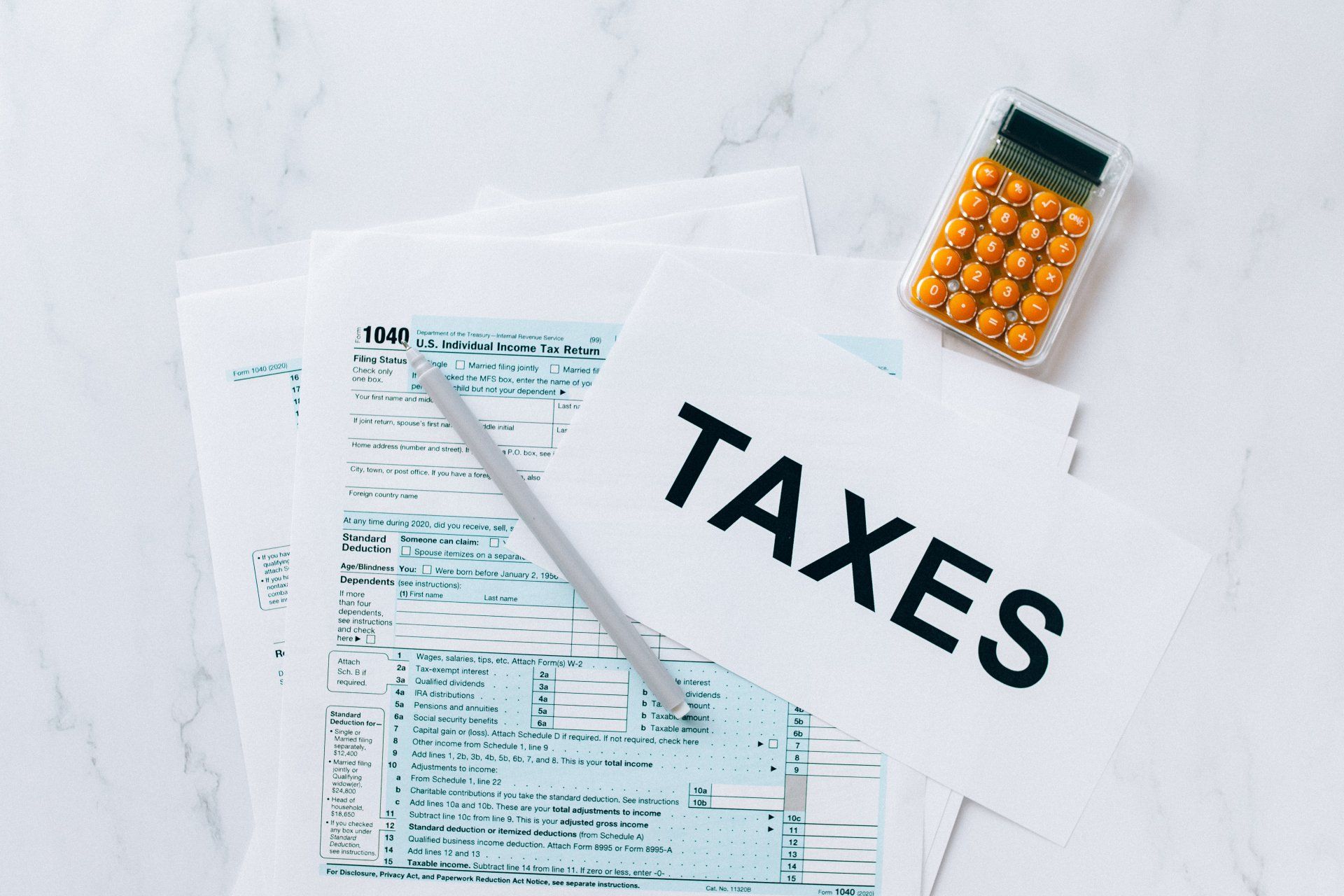What Does Landlord Insurance Actually Cover? A Detailed Look
As Brisbane continues to draw attention with its dynamic growth and investment opportunities, its important to understand that landlord insurance is more than just a policy; it's a strategic asset in your investment portfolio, offering peace of mind and financial stability. Whether you're a seasoned investor or new to the property game, this exploration into landlord insurance will equip you with the insights to make informed decisions, ensuring your investment journey in Brisbane is both prosperous and protected.
Let's cut through the complexity and lay out exactly what landlord insurance covers, why it’s essential, and how it aligns with the unique challenges and opportunities presented by Brisbane's property market.
The Backbone of Your Investment
It’s not just about ticking a box on your investment checklist—it’s about securing a lifeline for your property. In the Brisbane property market, where fluctuations and unexpected events can impact your returns, landlord insurance acts as your financial safeguard. Here, we decode what landlord insurance entails and why it's a pivotal piece of the puzzle for property investors aiming to shield their assets and income.
Landlord insurance is a tailored solution, targeted at property investors by addressing the unique risks landlords face. From tenant-related damages to loss of rental income and liability claims, this specialized insurance package covers the ground standard policies don’t. For Brisbane landlords, who navigate a competitive rental landscape, understanding these coverages is crucial.
Key Components of Landlord Insurance
Property Damage Coverage
Essential for any landlord, this coverage protects against damages to your property, whether from severe weather events common in Queensland, accidental damages by tenants, or even malicious damage. Understanding the extent of this coverage is crucial for Brisbane landlords, where local conditions pose specific risks.
Rental Loss Coverage
An invaluable aspect of landlord insurance, rental loss coverage, secures your income stream should your property become uninhabitable due to insured damages. It's an often-overlooked component that can sustain your investment’s profitability through unexpected downtimes.
Liability Protection
Liability coverage shields you from the potential financial fallout of legal claims related to your property, whether injuries sustained on premises or issues arising from landlord-tenant disputes. In today's increasingly litigious environment, this protection is important.
Landlord Insurance in Brisbane: A Closer Look
Brisbane's property market, particularly in the inner suburbs, presents a unique blend of opportunities and challenges for investors. The city's growth, coupled with its susceptibility to Queensland's sometimes harsh weather conditions, underscores the importance of having robust landlord insurance. This section delves into how landlord insurance is tailored to meet the specific needs of Brisbane landlords, factoring in local legislative requirements and common risks associated with the region.
Tailoring Insurance to Brisbane's Market
Investing in Brisbane requires an understanding of the local landscape—not just the physical but the regulatory and environmental aspects that influence property management. Landlord insurance in Brisbane is designed with these factors in mind, offering coverage options that address the unique challenges of the Queensland market, from flood and storm coverage to protections against tenant default in a fluctuating rental market.
Understanding Local Risks
Awareness of Brisbane-specific risks, such as the potential for severe weather events and their impact on properties, is vital. Effective landlord insurance policies offer comprehensive coverage that includes damage from natural disasters, providing peace of mind in a region where such events can be a significant threat to property investments.
How Costs Vary and What Influences Them
The cost of landlord insurance in Brisbane can vary widely based on several factors, including the type and location of the property, the coverage options chosen, and the deductible amounts. This variability underscores the importance of thoroughly researching and comparing policies to ensure you're getting the best value for your investment.
Factors Affecting Cost
Key factors influencing the cost of landlord insurance include the property's age and condition, its susceptibility to natural disasters (such as flooding), and the level of coverage selected. Properties in areas prone to specific risks, like those closer to the Brisbane River, might see higher premiums due to the increased risk of flood damage.
Getting Competitive Quotes
For Brisbane landlords, it's advisable to get quotes from multiple insurers to compare coverage and costs. Consider factors beyond the premium, such as the insurer's reputation, the ease of filing claims, and the level of customer service, to ensure you're choosing the best provider for your needs.
Choosing the Right Insurance Provider
Selecting an insurance provider is a critical decision that can affect both the protection of your property and your peace of mind as an investor. Here are some criteria to consider:
Reputation and Reliability
Research potential insurers' reputations, focusing on their history in the market, customer reviews, and financial stability. A provider with a strong track record of handling claims efficiently and fairly is invaluable.
Coverage Options
Look for insurers that offer flexible coverage options, allowing you to tailor your policy to the specific needs of your property and investment strategy. The right provider offers a balance of comprehensive coverage and affordability.
Customer Service
Effective communication and support are crucial, especially when dealing with property damage or tenant issues. Choose a provider known for excellent customer service, including responsive claims processing and helpful advice.
Real-Life Scenarios: The Value of Being Insured
Understanding the benefits of landlord insurance becomes much clearer when applied to real-life situations. Here are a few scenarios that illustrate just how critical having the right coverage can be for property investors in Brisbane:
Scenario 1: Storm Damage
Imagine a severe storm hits Brisbane, causing extensive damage to your rental property’s roof. The property becomes uninhabitable, requiring significant repairs. Without landlord insurance, you would not only face the high repair costs but also lose rental income during the restoration period. With comprehensive landlord insurance, however, both the repair costs and the lost rental income would be covered, minimizing your financial loss and stress.
Scenario 2: Tenant-Related Damage
Consider a situation where a tenant accidentally causes a fire in the kitchen, leading to extensive damage. The repair process is lengthy, and the costs are significant. Landlord insurance covering property damage and rental loss ensures that the financial impact on you is mitigated, covering the repair costs and compensating for lost rent.
Scenario 3: Liability Claim
A visitor to your rental property trips over a loose floor tile, resulting in serious injury. They decide to sue for damages. Liability coverage in your landlord insurance policy would cover legal expenses and any resulting damages awarded, protecting your personal assets from being at risk.
These scenarios underscore the tangible benefits of landlord insurance, demonstrating its value in protecting against a range of financial risks that can arise from owning rental property in Brisbane.
FAQs on Landlord Insurance for Brisbane Property Investors
Let’s address some common questions and concerns regarding landlord insurance to clarify misconceptions and provide essential insights for property investors:
What does landlord insurance typically exclude?
Most landlord insurance policies will not cover wear and tear, damage from unresolved maintenance issues, or illegal activities conducted on the property. It’s important to review policy exclusions carefully.
Is landlord insurance tax-deductible?
Yes, for most property investors, landlord insurance premiums are tax-deductible as an expense related to generating rental income. Consult with a tax professional for advice tailored to your situation.
How does the choice of tenants affect my insurance?
While the choice of tenants doesn’t directly affect the cost of your landlord insurance, having a thorough tenant selection process can mitigate risks covered by your policy, such as property damage and rental default.
Can I customize my landlord insurance policy?
Absolutely. Many insurers offer the ability to customize your policy to suit your specific needs, allowing you to add or remove certain types of coverage based on your property and investment strategy.
For property investors in Brisbane, especially those navigating the inner suburbs’ competitive market, landlord insurance is an indispensable tool. It provides a safety net against a variety of risks, from natural disasters and tenant-related damages to liability claims. Choosing the right insurance policy—and provider—is crucial in ensuring that your investment is protected on all fronts. Armed with the right information and a clear understanding of your insurance needs, you can secure your property investment’s future, safeguarding both your financial stability and peace of mind.
CAPEX Property Management Brisbane
Ready to take the next step in protecting your Brisbane property investment? Reach out to our team at CAPEX Property for a comprehensive assessment of your landlord insurance needs. With our expertise in Brisbane’s property market and commitment to tailored property management solutions, we’ll help you navigate the complexities of landlord insurance, ensuring that your investment is secured against unforeseen challenges. Contact us today to learn more and start your journey toward a more secure investment future.
Disclaimer: The content provided in this article is intended for informational purposes only. We strongly advise conducting your own research prior to selecting a Landlord Insurance provider.
Share this with friends!
Latest Property Market Insights











